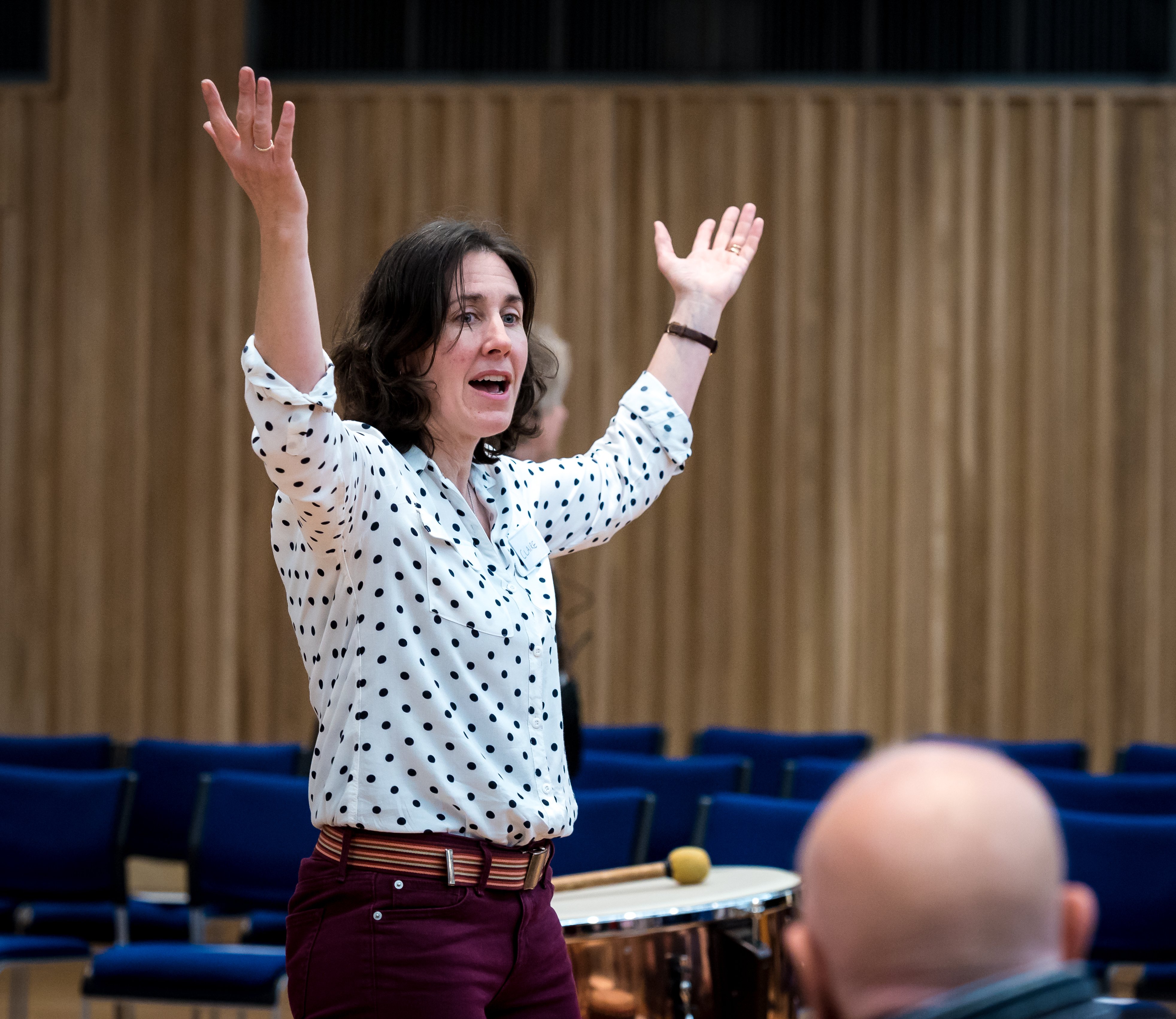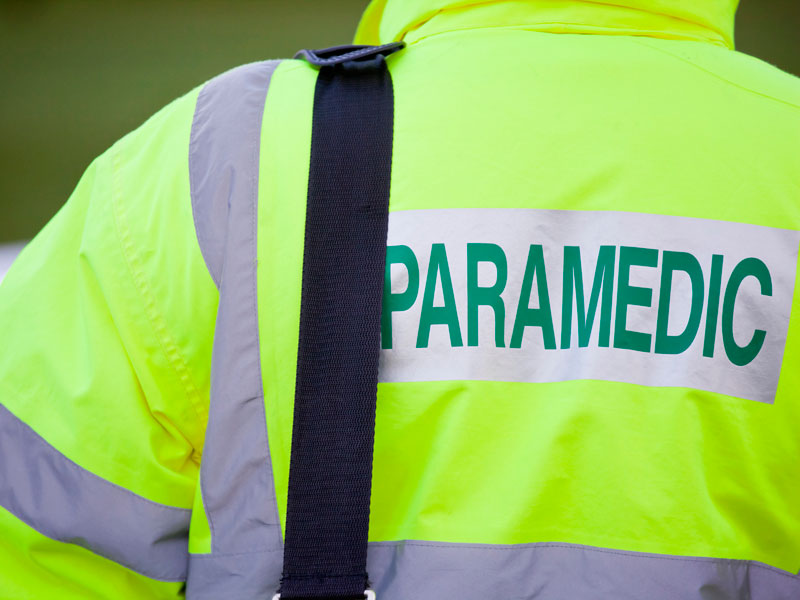Claire Molyneux is a HCPC registered arts therapist, practicing as a music therapist.
The important health and care services you provide may be vastly affected by COVID-19 and you may need to find different ways in which to offer them. You can find more guidance on our Applying our standards section of the website, in particular the Adapting your practice page. This information is primarily targeted at professionals who deliver non-emergency services in the community – outside of hospitals.
Claire shares her story on how her music therapy project helping people living with dementia, and their carers has been adapted during COVID-19.
I work part time as a lecturer on the MA music therapy at Anglia Ruskin University. I also work one day a week on a project called Together in Sound. This is a partnership between Saffron Hall in Essex and the Cambridge Institute for Music Therapy Research at Anglia Ruskin University which offers group music therapy sessions to people living with dementia, and their companions.
Together in Sound is a unique project; partnering with Saffron Hall provides us access to professional musicians. And our link with Anglia Ruskin University means we have MA trainees with us on placement. This helps increase our capacity to deliver more sessions.
How the sessions work
Sessions normally take place in Saffron Walden at a local venue. We usually run about three groups a day on Fridays. Those sessions take place in ten-week blocks, with between six to nine couples in each group. These groups are for people with dementia who attend with a companion; this could be a spouse, a son or daughter, sibling or close family friend. This same person is invited each week so that their relationship is supported and continued throughout the sessions.
Amidst working on the Together in Sound project, I am also working on my PhD, which studies the impact of these group therapy sessions.

Claire leading a group song at one of Together in Sound's sharing events
People who come to the music therapy sessions have told us that when they are making music together it is as if the dementia isn’t there; it becomes a safe space and we find the music can connect and support interaction and communication. This is why when the pandemic began, we knew we had to keep this support system going and think of a way to continue our group sessions because our participants value them so much.
Moving the sessions online
We decided to move the meetings online. This way it still feels very much like a group session where everyone can be together, albeit virtually. We have tried to keep some elements the same as much as possible, such as keeping the first half hour of the meeting for a tea and coffee catch up.
Although moving these sessions online has been a great way to maintain people’s routine which is very important, there have been some challenges. People with dementia sometimes find change difficult and looking at a computer screen instead of meeting face to face has been quite hard for some. Some participants prefer to sit away from the screen but can still hear their companion and the music through the computer.
One of our participants recently described the sessions as a “lifeline” during these uncertain times. I think the fact that our groups were already well established from meeting regularly face to face before the pandemic, has helped . I am not sure how well it would work to start virtually with a group that don’t know each other, but it is something I would be open to trying.
Dementia can be an isolating condition and that is my motivation to try to keep something there for them.
Another issue we face is not being able to make music synchronously and we have had to adapt some of our musical interactions to work online. Being flexible and responsive is part of working as a music therapist and so finding ways to still connect and be together in sound and music is all part of the work.
Not being able to be together in person also limits how much we can assist someone who is finding it difficult to engage. We cannot use non-verbal ways of communicating to try to help them. Sometimes it has become just too difficult for the person to engage with us and they might take themselves away. However, our group sessions are just as important for the carer and so it is also about providing support for them.
The importance of keeping the sessions running
Thinking about my role as a music therapist, particularly with this group of people, we were aware early on they needed to be shielded, and that this is going to be happening for quite some time. Dementia can be an isolating condition and that is my motivation to try to keep something there for them. We had a short gap between the end of one block of sessions and the next, so during this time, I recorded some short videos of familiar songs and activities to keep the support going for our participants. We usually have a sharing event each term where family and friends come together with our participants, and recently a primary school choir joined us too. Sadly, we cannot do this online, but we have still been able to have some wonderful musicians from the London Philharmonic Orchestra’s Future First scheme join our online sessions.
Looking at other countries who have been severely affected by COVID-19, even in such dark times we have seen music to be a way of connecting communities.
Keeping connection and routine is a lifeline, especially during such an anxious time. Looking at other countries who have been severely affected by COVID-19, even in such dark times we have seen music to be a way of connecting communities. In Italy and Spain with people singing and playing music on their balconies to others in their area, to musicians and artists providing concerts and music on social media.
More specifically with dementia, music connects with our memories, reduces anxiety and brings us into the here and now. Music is so important now and I feel very lucky and positive that we are able to keep the Together in Sound project available for those who need it the most.
Music is also helping and motivating many health care professionals, not just the general public or those in our music therapy group sessions. We have seen so many videos coming from hospitals of health workers dancing and using music to keep their spirits up.
You can find out more about the project on BBC News where there is a video showing how the Together in Sound online sessions are going.
- Cyhoeddwyd:
- 22/05/2020
- Resources
- In your words
- Is-gategori:
- COVID-19
- Audience
- Cofrestredig
- Profession
- Arts therapists

